Student mental health on college campuses is a consistent and expanding topic that has a special place here on the hilltop. With countless resources available to students, conversations about student mental health and well-being are ever-present.
Hilltop Views was awarded a grant to write nine Solutions Journalism stories surrounding the topic of Student Mental Health, specifically on college campuses. The first step we took was to talk to the director of counseling services at our Health and Counseling Center, Molly Wang. She noted that mental health means something different to everyone, noting her favorite definition from the World Health Organization.
“By that definition, mental health is not just having an absence of symptoms,” Wang said. “So mental health isn’t just not having symptoms of depression, but it’s about having quality of life and having mental wellness that allows you to regulate your mood, have meaningful relationships and to achieve your goals, whatever they might be.”
At St. Edward’s University, there is a large emphasis on the importance of overall well-being and how mental, physical and spiritual health are interdependent on one another. During the semester, there are a variety of events, workshops and services offered to guide students on how to achieve these types of wellness.
“There is great work and resources through Recreation and Wellness,” Wang said. “That’s where you go and there’s a gym, for physical health. Beyond that, they also have lots of other types of programs like through the Peer Health Champions. That’s a great program. I know that every semester they have meditation, pet therapy, among other events that I think are opportunities any student can take to improve their sense of well-being.”
Outside of RecWell, there are many offices on campus that prioritize the mental health of students, going above and beyond to provide opportunities to support students across campus.
“Honestly, almost every department that I’ve worked with does something that addresses those areas of need in the hierarchy of needs,” Wang said. “Student Disability Services — they fulfill a really important need that many students have to have that sense of belonging. They work on helping students get the accommodations they need in order for them to learn, and it’s very individualized so that they feel like they can contribute. They can benefit from a learning environment just like anybody else. And spiritual health is a component of feeling like you belong. Campus Ministry, they do some good work there. I feel like I could go on and name something in every area that improves mental health.”
The HCC provides medical and counseling services on campus on the first floor of Johnson Hall. Some of the services include group counseling and support groups, one-on-one counseling sessions and health-focused workshops. These services are aimed at helping students process life changes and understanding new stressors when they arise. The HCC uses concepts like the “feelings wheel” that teaches students to identify their emotions, so they can accurately learn to manage them. One of the most prominent student mental health issues the HCC helps with is anxiety, which typically leads students to secondary emotions of weakness, nervousness and ashamedness.
“I think if they were to talk to each other and listen to other students talk more openly about their mental health, it might just become more normalized,” Wang said. “Because even though we’ve made such strides toward breaking down stigma, almost every client that I’ve worked with over the last three years will tell me that they’re struggling with some thoughts that they are embarrassed to tell others about. I even have clients who are friends with each other, and they don’t know that each other is struggling through this.”
Overall, the goal of mental health support at St. Edward’s is to teach students how to care for their mental health on their own. Through the events and services offered on campus, students are taught about how mental health contributes to their overall well-being, and the different ways they can support themselves.
“There’s so many self-guided resources out there just for self-learning, unless you feel like it’s impacting your everyday life and you need professional help,” Wang said. “Anyone can go out there on Google and read about how the World Health Organization defines mental health and explore resources there. Or come to one of our workshops, where we don’t even ask for your name. You just come as you are … I think exploring on your own can be really eye-opening.”
Peer Health Educators
Through RecWell’s services, there’s a group of students who work to educate other students on campus about various mental health struggles that impact college individuals. The Peer Health Educators, currently a group of five students, table for RecWell’s events, initiatives and help organize and facilitate presentations.
Samuel Muwanika, a sophomore who aims to get a Ph.D. in clinical psychology, has been part of the program for two years.
“The peer health educator’s main role on campuses is to organize specific health related topics and make outreaches about them, make presentations about them in different classes and organize seminars across campus,” Muwanika said. “Basically just talking about specific health concerns on campus, maybe caffeine, health, stress management, like the simple topics that we really feel like needs to be addressed. Topics that we really think are a very big issue among college-going students and topics that we have a feeling that are a major concern among students on our campus specifically. So we are also tasked with doing what we call a passion project every semester, but we normally concentrate on doing at least one or two every spring semester.”
Before every semester, the cohort has one or two meetings to discuss possible topics and focuses on their work in the upcoming semester. They work closely with their supervisor who then takes the ideas and fleshes out a plan with presentations and resources.
Muwanika’s greatest takeaways from being a PHE were both improving his presentational skills and ability to speak with other students about mental health needs. The program also has fostered a love for speaking about issues students face.
“I’ve really grown to love this, just traveling around campus during outreaches and talking to people, telling them about what I’m speaking about,” Muwanika said. “(We) did a sexual health presentation earlier this week. We are a Catholic school, so we’re not allowed to hand out maybe condoms or pills, stuff like that. But just talking about them, handing out condom cases, taking people through the steps of maybe putting on a condom, teaching people about abstinence stuff that they may feel like they don’t expect to hear around campus. This sounds great for them to be hearing them from a fellow student compared to a staff member. That’s why I really feel like the PHE job is better kept as a student job on campus and never a staff job, because students always feel comfortable hearing such things from fellow students rather than staff members.”
Muwanika’s career interest in clinical psychology has him interested in becoming a peer health advisor, and he plans to become one next semester.
“If you work as a PHE for two consecutive years for us, you get to become a peer advisor,” Muwanika said. “You get a chance to start holding one-on-one briefings and counseling sessions. For example, if a student is maybe sanctioned by the Dean of Students, maybe for alcohol paraphernalia or possession of drugs, the dean may send him or her to the record department. Now it becomes our work to talk to that particular student and advise him or her about how to go about the situation, what they need to correct, how they can find changes in their lives. So yeah, peer advising is also a major part of our work, but you only get to do that after we’ve been working with the system for more than a year for our consecutive second year.”
Muwanika stated that the work he’s done with the PHE program has also helped his own mental health and work ethic.
“I really find peace and comfort being busy and working toward something, getting stuff done, and basically prepping for events and talking to people,” Muwanika said. “I feel like that’s what our work basically entails all the time … I just love it. I think it has given me peace and comfort and I find it exciting to do.”
Some of the events the PHE cohort help to facilitate include yoga classes, dog therapy, GroupX events and also table at RecWell events.


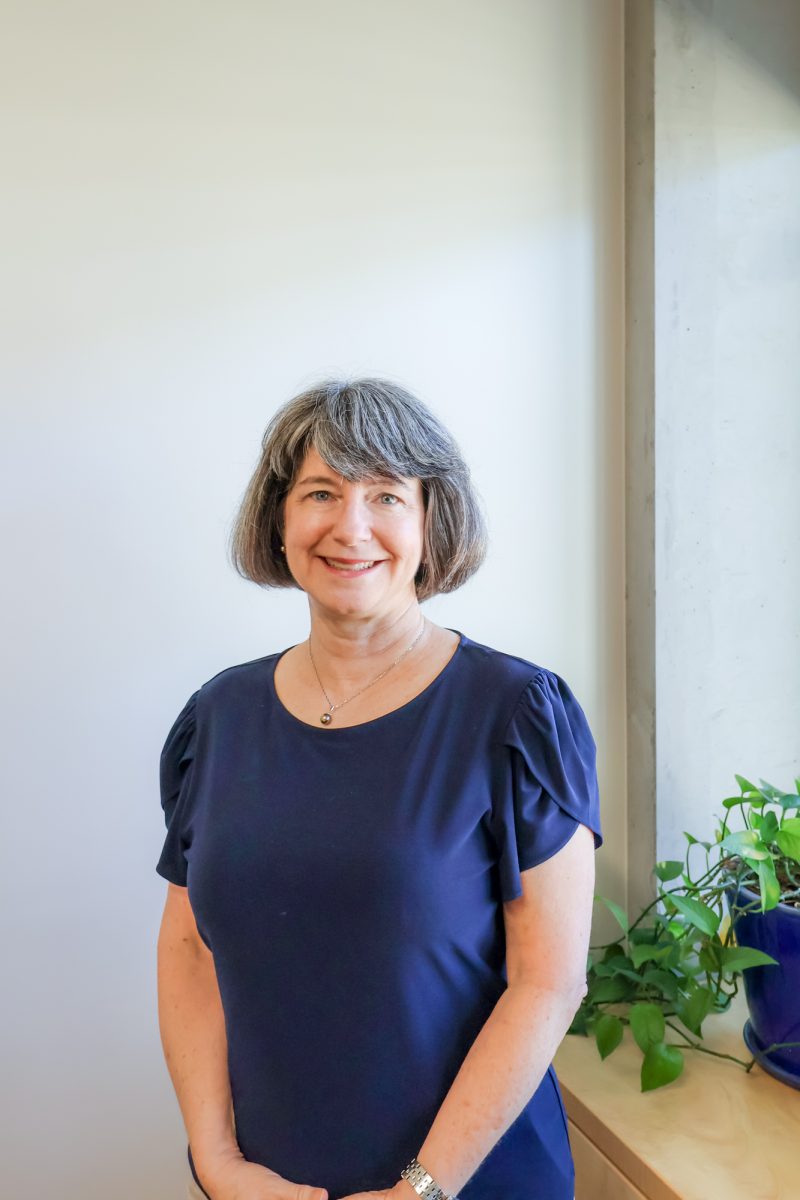
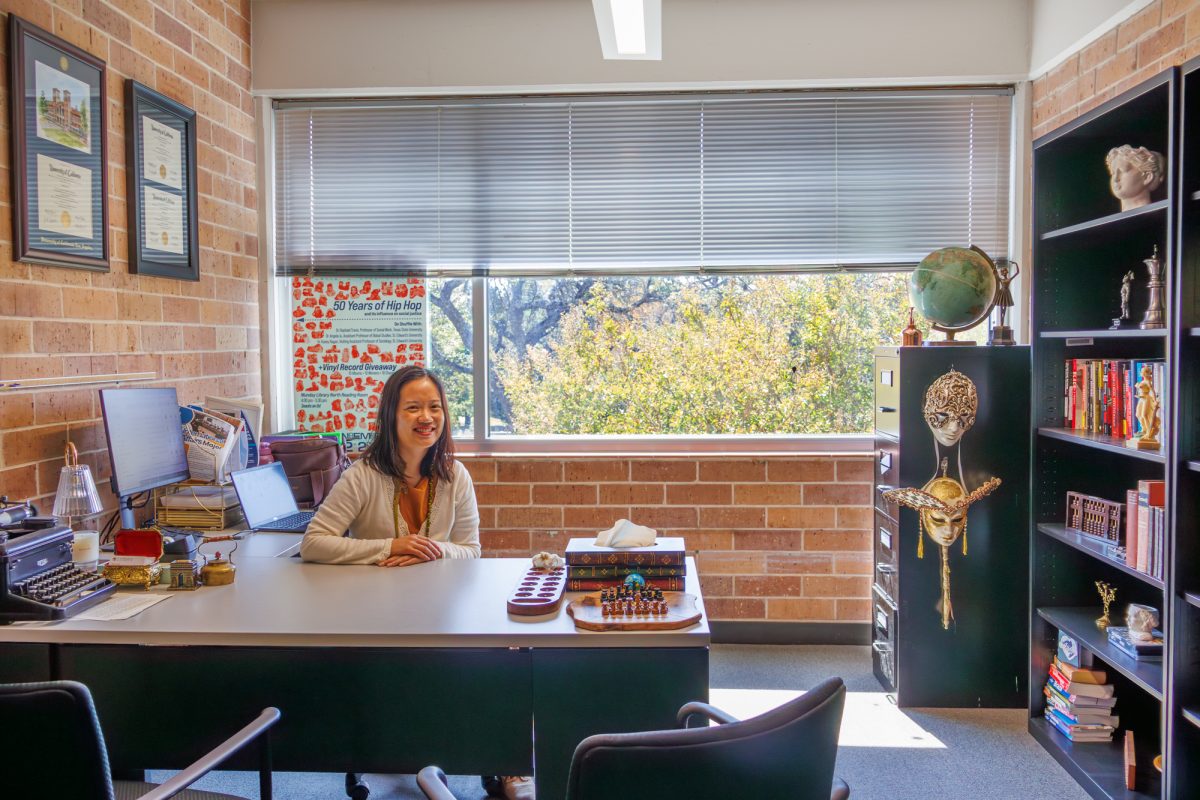
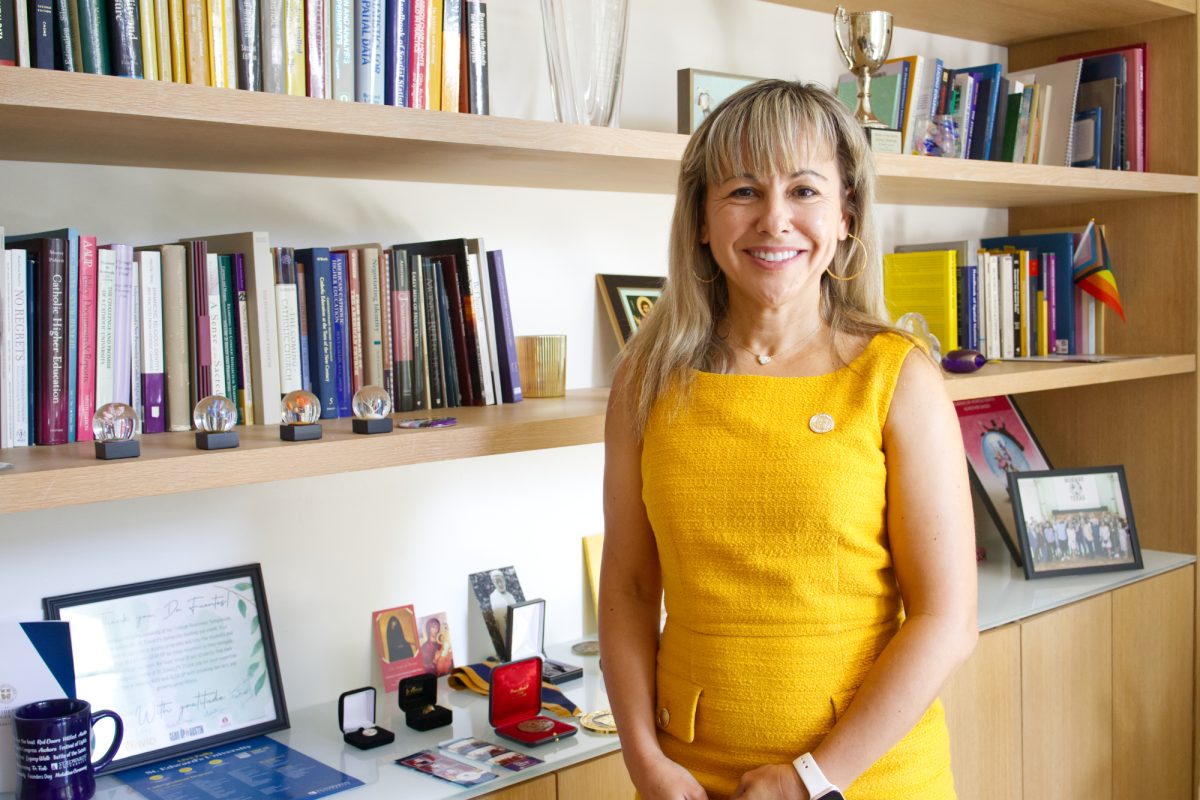

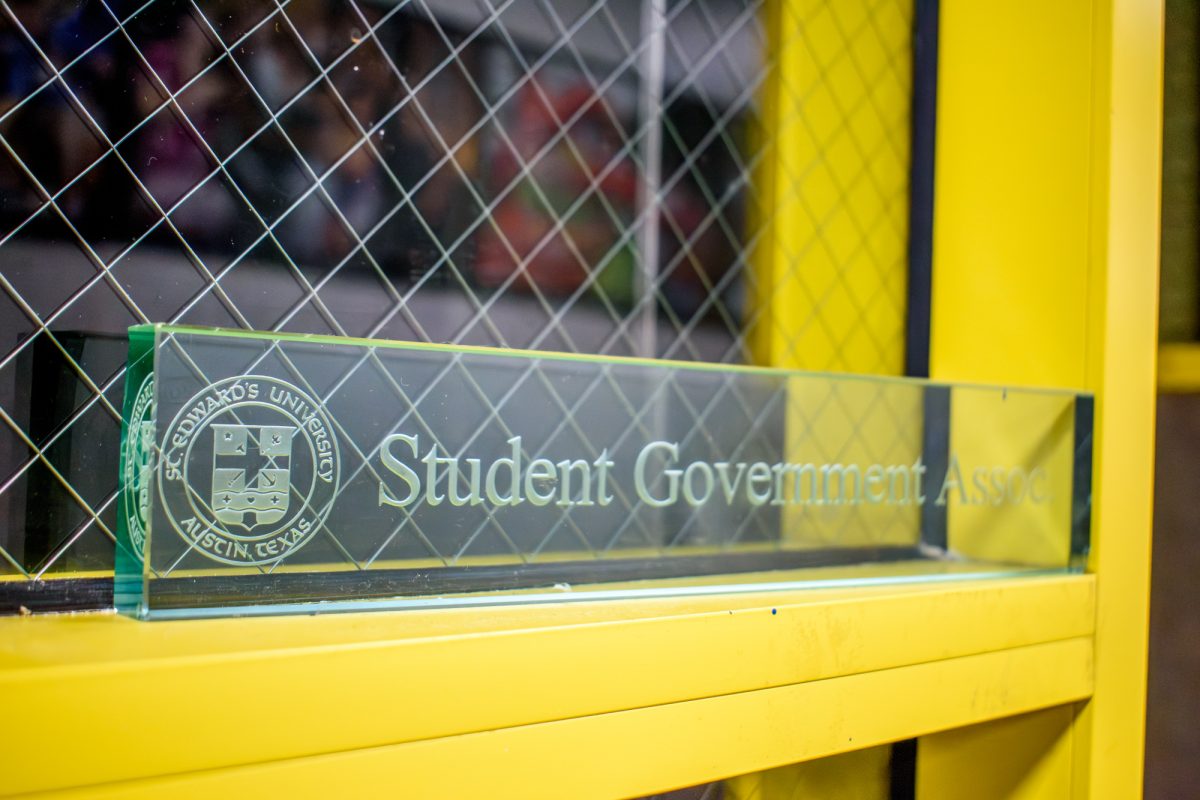
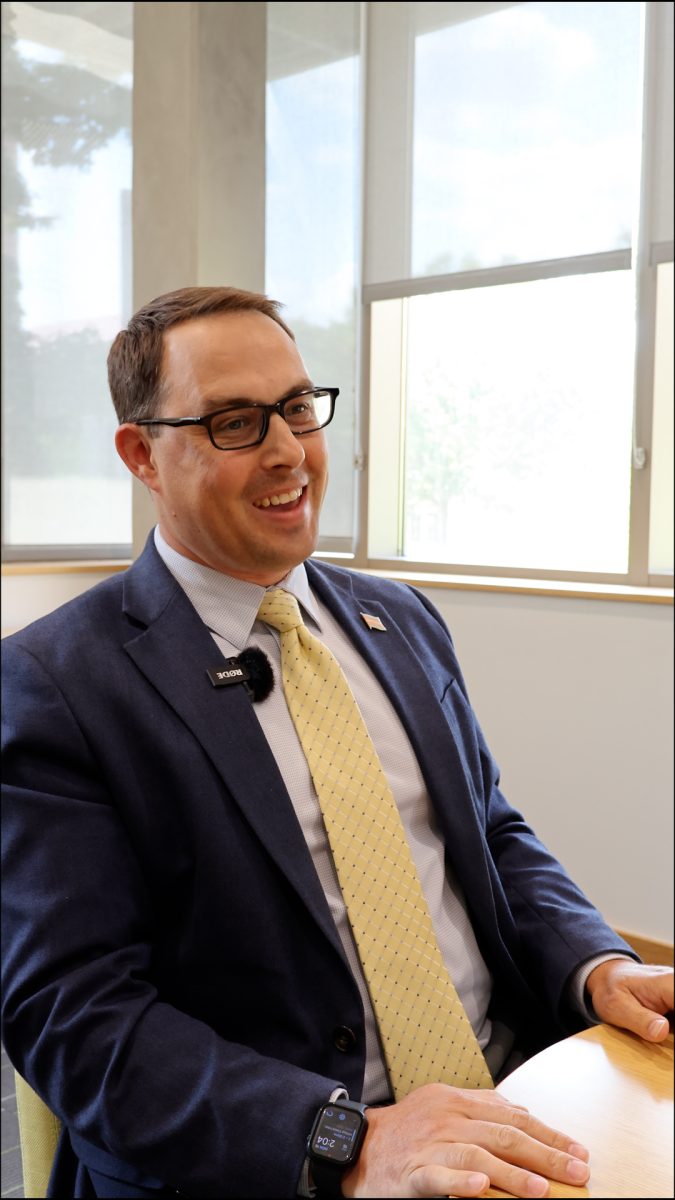
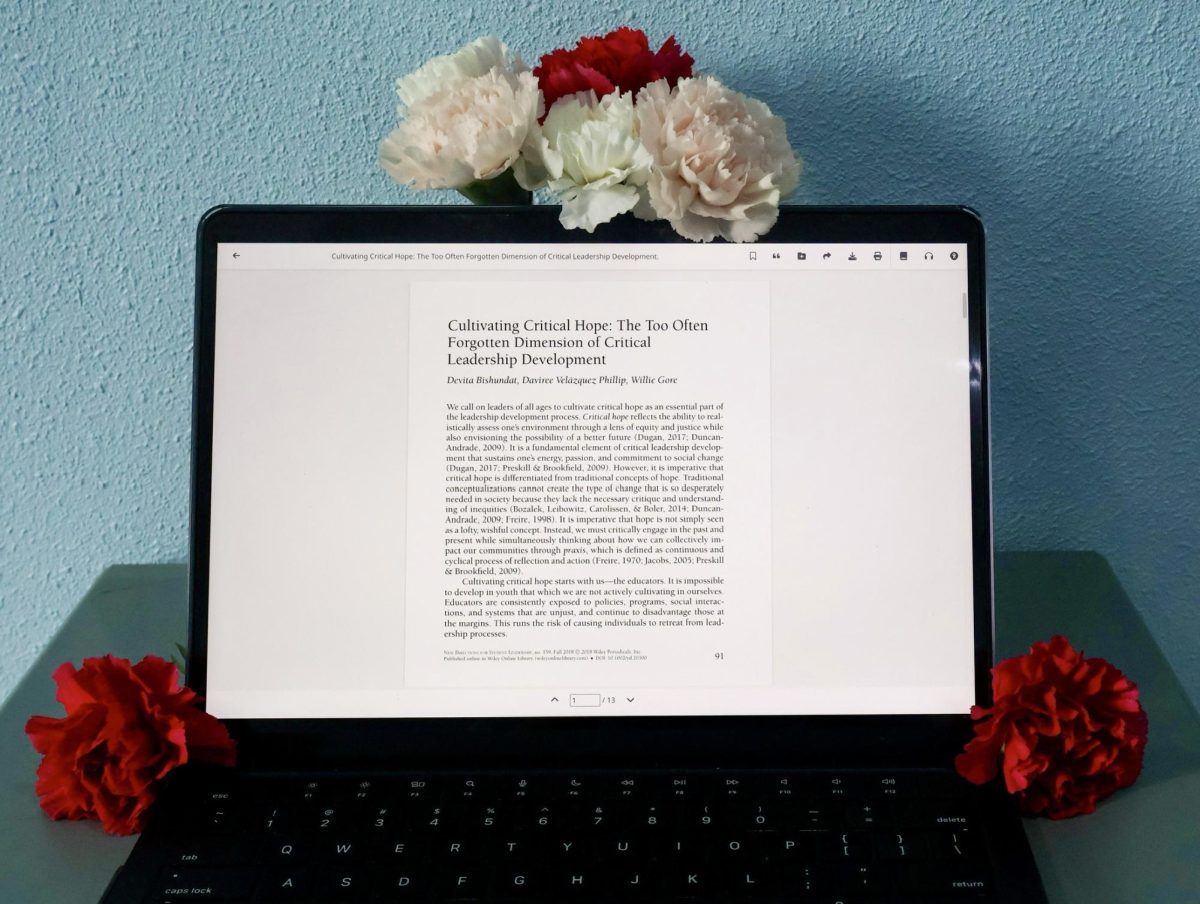
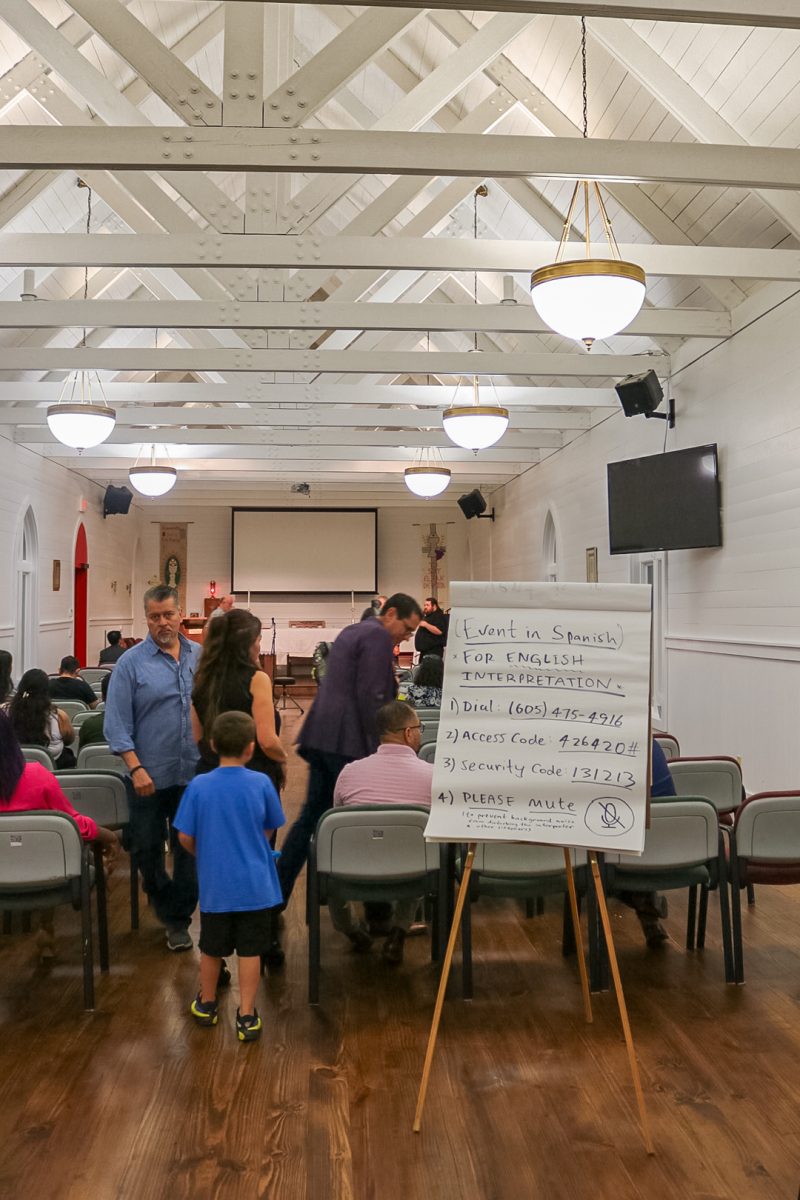

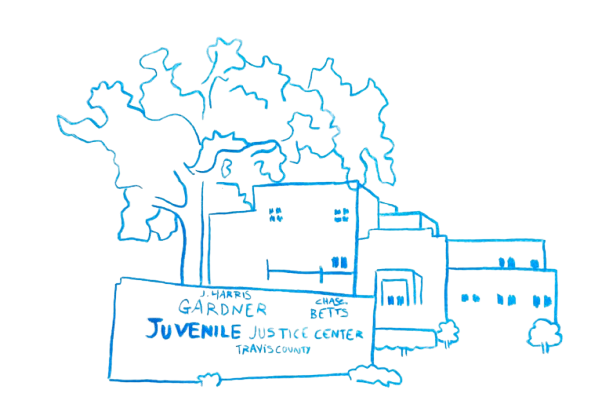

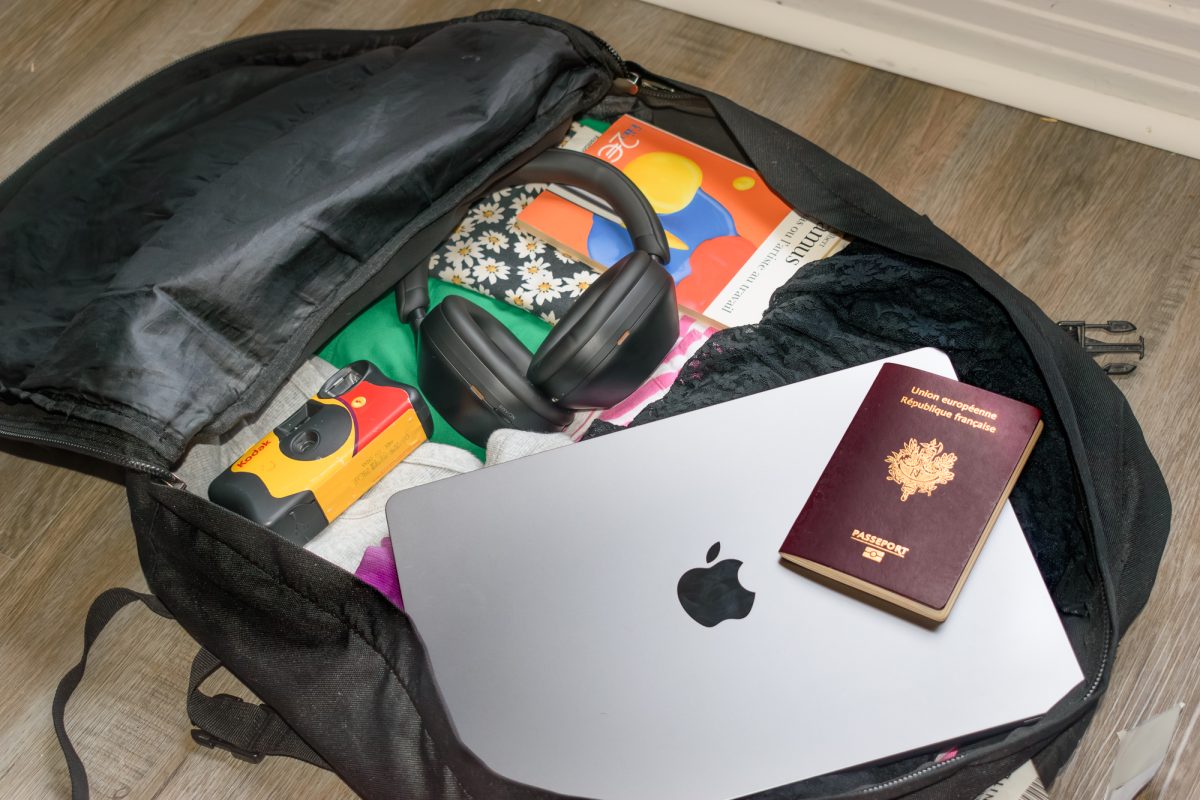
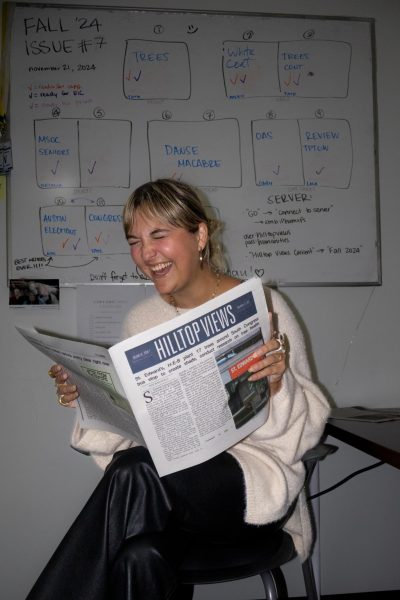
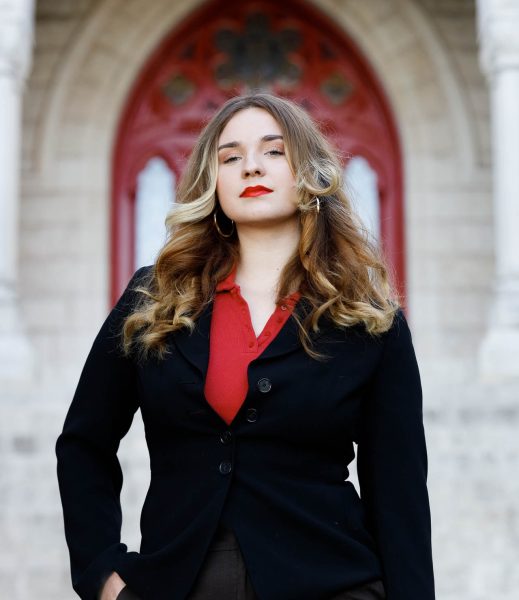
Samuel Muwanika • Jun 3, 2025 at 10:54 am
We love reading your stories! Thanks for the interview